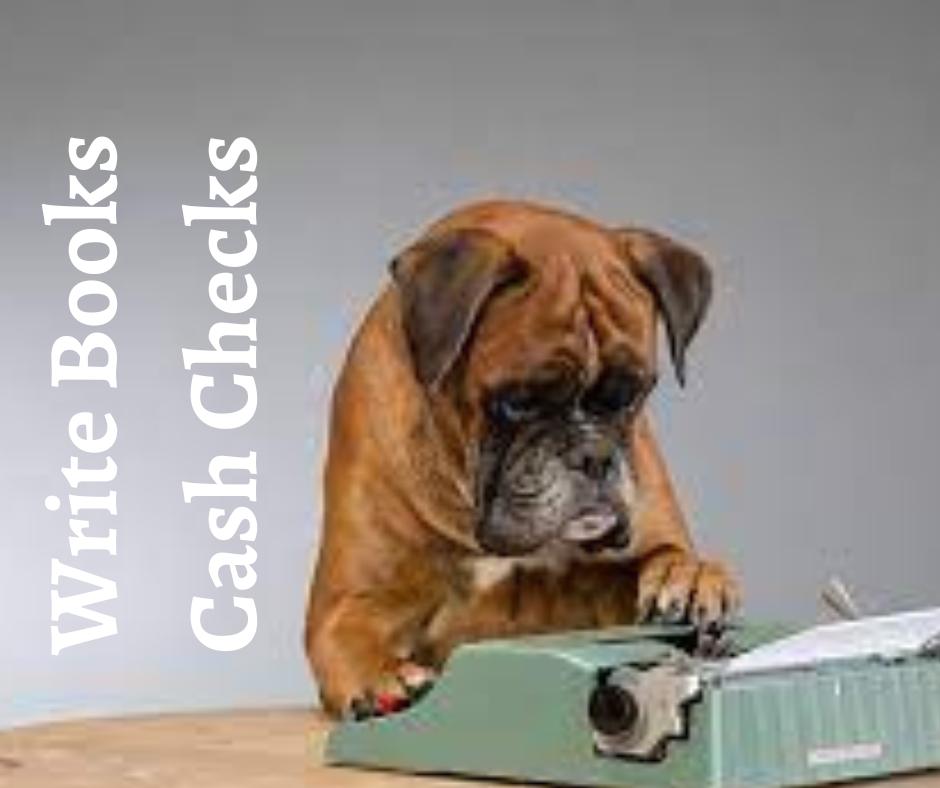Another Writing Secret - Avoid Complacency
/Sometimes it’s easy to get stuck in a rut or the “new normal,” and complacency sets in. I am grateful for all the author opportunities that I’ve had during this journey. I also feel that I always need to keep learning and growing. The publishing world changes almost daily. Here are some ideas to conquer the humdrums.
Learn something new for your writing career. Try a new tool or a new social media platform.
Challenge yourself to step out of your comfort zone. Volunteer. Teach a class. Mentor someone. You learn when you grow and stretch and help others.
Listen to feedback and decide what you can use to improve your writing. Not all reviews or feedback from critiques are constructive. But learn what you can.
On days you don’t feel like writing, challenge yourself. Can you complete a shorter writing session? Can you work on other book marketing tasks in its place?
Get yourself organized. I always do better when my work place is neat.
Do something that scares you a little bit. Try new (safe) things. We have new recipe Tuesdays to mix up our stale dinner menus.
Start a craft or a creative project.
Look at your online analytics for your website and social media sites. What can you learn from them? What can you change to improve your posts? See what posts and times work better for your audience.
Look at last year’s revenue and expenses. Where can you improve? Are you paying for things or services you don’t really need or that don’t really help your writing life?
Writing is a business and it’s a commitment. I’m always looking for things that I can do improve. What would you add to my list?












